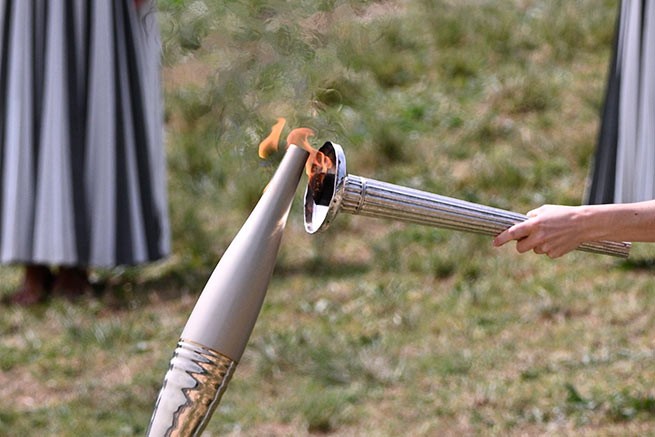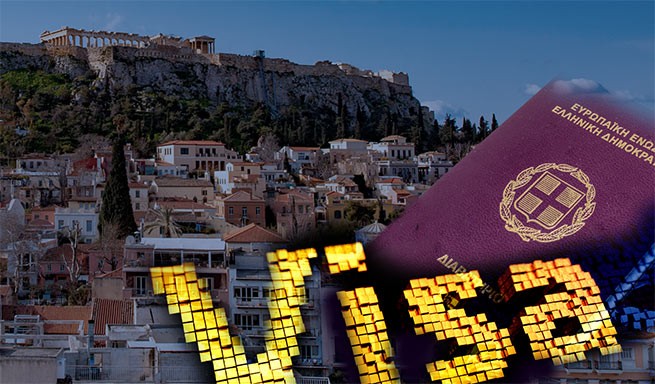Major US banks may have already left Russia as part of Western sanctions, but this does not mean, that they stopped making money from the Kremlin’s invasion of Ukraine.
The sale of Russian debt, due to sanctions related to the invasion of Ukraine, has created a window for a new type of arbitrage that creates fertile ground and plenty of opportunities. for easy living.
As CNN Business points out, US banks are essentially buying Russian government or corporate bonds that have plummeted in value, along with credit default swaps that serve as collateral for a possible default by the borrower.
Normally, such trading does not work, however, as institutional investors try to quickly rid their portfolios of everything related to Russia, bond prices fall faster than hedging.
A sharp increase in turnover
The same report states that the government bond market turnover reached $7 billion from February 24 to April 7, up from $5 billion in the corresponding period of 2021. In fact, according to Bloomberg, the volume of Russian corporate debt transactions increased to a 2-year high after Russia’s invasion of Ukraine.
At the same time, data from the MarketAxess website shows that Russia’s public debt was sold in the amount of $7 billion between February 24 and April 7, up from $5 billion in the same period in 2021 – an increase of 35%.
“Passion” on Russian bonds
Russian bonds are trading at a breakneck pace, Philip Nichols, a Russia and corporate social responsibility expert and professor at the University of Pennsylvania’s Wharton School, told CNN. “There are a lot of speculators who are buying these bonds, which are highly degraded and on the verge of becoming junk,” he said.
Nicholas says he gets calls all the time from analysts asking if a potential deal makes sense. “The difference in Russian government debt at the moment is striking,” he said. “They make an unusual amount of money relative to volume.”
The cost of collateral for Russian debt rose to 4,300 basis points on April 5 from 2,800 a day earlier.
Interest rates
At the same time, bond rates have plummeted, with bonds maturing in 2028 trading at just $0.34 per dollar. This means that $10 million worth of Russian securities insurance could cost a little over $4 million, The Economist notes.
For its part, the Financial Times reported that hedge funds such as Aurelius Capital Management, GoldenTree Asset Management and Silver Point Capital have increased their presence in the Russian markets, mainly through the purchase of corporate bonds. US financial institutions such as JPMorgan Chase and Goldman Sachs facilitate these transactions.
“This is Wall Street,” Cathy John, head of fixed income strategy at the Schwab Center for Financial Research, told CNN. “It doesn’t surprise me that they saw some kind of window that they can use to make money.”
“We do not violate sanctions”
JPMorgan officials say they are acting like intermediaries, simply trying to help clients. “As traders, we help clients mitigate risks and manage their impact on Russia in the secondary markets. None of the transactions violates sanctions and does not benefit Russia, ”a bank spokesman said.
If clients want to quickly get rid of Russian influence, they can turn to Russian oligarchs, who will gladly buy government bonds, said Robert Tripp, chief investment strategist and head of global bonds at PGIM Fixed Income. The sale of Russian debt to US hedge funds keeps accrued interest out of Russian hands.
The deals are legal and profitable, Nichols said, but are highly speculative and subject to significant fluctuations due to news of Russia’s invasion of Ukraine and further sanctions. There is also a worrisome gap between Wall Street and the real state of the world economy: Typically, investors base their assessment of Russian debt on whether it will be repaid, and the likelihood of repayment will depend on the strength and resilience of the Russian economy, but this is not the case.






More Stories
American billionaires want a Greek passport
Real estate: deals worth 2 billion euros in 2023 – the main characters
Real estate: what foreigners buy in Greece